Have to mustn't has to I don't know get good results at school!It isn't necessary to dress up tonight We wear suits ?And we use mustn't to talk about prohibition, Should is not as strong as must or have to You should be patient with me (=advice) You must be patient with me (=strong advice) ought to/ought not to = should/shouldn't Ought to has the same meaning as should, although it is more formal and not
/sign-warning-people-of-fines-for-feeding-wildlife-in-a-park-at-arakoon-in-new-south-wales--australia-847527992-5bc9d8c246e0fb0026d028e0.jpg)
How To Use Must Have To And Need To In English
Must ought to need to have to should have
Must ought to need to have to should have-Can/Must/Should RAPPEL CAN capacité, possibilité, permission Ex it's easy you CAN do it yourself!Mustshouldhave toneed (2) choose the most suitable modal verb sometimes more than one answer is correct see all questions I think you_____wear that dress It doesn't suit you don't have to must shouldn't We ____________take our food to school
/sign-warning-people-of-fines-for-feeding-wildlife-in-a-park-at-arakoon-in-new-south-wales--australia-847527992-5bc9d8c246e0fb0026d028e0.jpg)



How To Use Must Have To And Need To In English
Must or have to?End of the free exercise to learn English Should/ have to/ must A free English exercise to learn English Other English exercises on the same topic Modals All our lessons and exercisesCould Should Would Must Have Needn't Have / Didn't Need(Have) to Subject Exercise Should Have/Must Have Exercise Should (Ought to) Have Done (V3) Should have past participle talks about past events, actions that did not happen but it would be better if they had happened A mistake or regret is implied For Example You should (ought to) have checked your report
It's something you do ? English Grammar Use Of Must/Have To/Should Trivia Quiz! The crucial difference between should, ought to and must, is based on the extent to which they emphasize, in the sense that must is the most emphatic of the trio On the other hand, ought to is less emphatic than must, but more than should So, it is obvious that the degree of emphasis is least when we use should in our sentence So, let's have a look at these examples to
We use don't have to when we don't need to do something, when there's no obligation;Il a une signification similaire par rapport à une obligation, et de ce fait, c'est une façon un peu plus polie de dire "must" ou "have to" Etonnamment, "need" est à la fois un verbe normal et modal Dans presque tous les cas, utilisez juste le verbe normal, qui a une structure régulièreMust "Must" is also used to talk about obligation and is used in written rules and instructions You must submit your proposal by noon on 12th July You must not use a calculator during the exam "Must" is also used to give a strong recommendation You must tell him before it's too late You mustn't be late for work on your first day




Pdf Modal Verbs Should Can Could Must Neednt Yoko Tsuki Academia Edu




Must Have To Need To Ought To Should Practice English Esl Worksheets For Distance Learning And Physical Classrooms
" You Need To Read This How need to vanquished have to, must, and should" by Ben Yagoda, Slate, Synonyms * (desire) desire, wish for, would like, want, will (archaic) * (lack) be without, lack * (require) be in need of, require Derived terms * needed, unneeded * needtoknow basis References Statistics * External links * * Anagrams * * 1000 English basic words Text is Difference Between Have To and Need To The phrases 'have to' and 'need to' both describe situations where a certain thing must be done While they can be sued interchangeably in some cases, they do have distinct meanings and may not be appropriate for all occasions To learn more about what these phrases mean, let's first look at the meanings of theEjercicios Should / Must / Have to 1 Elige "Must" / "Should" / "Have to" (en el tiempo correspondiente) para completar estas oraciones {ejerciciocompletar} You come with us to the cinema;




Should Need Must Have To Ppt Download



Modal Verbs Must Should Have Has To Lessons Blendspace
Voyons ici comment utiliser must et have to en anglaisHave to et must sont des verbes qui donnent lieu à de nombreuses confusionsLe premier signifie "avoir à" et le second "devoir" Les deux verbes servent à exprimer une obligation ou un devoir en français, on utilise un seul verbe "devoir"Don't have to ?Must / Have to cours MUST HAVE TO must et have to sont utilisés pour exprimer une obligation ou la nécessité qu'une chose soit faite Ils peuvent souvent être utilisés indifféremment, mais il y a une légère différence de sens Ils sont suivis de la base verbale (le verbe sans "to") I) Sens de MUST En général, pour quelque chose que la personne pense devoir faire / sait devoir



2




Can Could Shall Must Modal Verbs Need Should
You need to give up smoking; So now you've seen the difference between must and have to, but what about should?I think you worry about what they are saying about you That's my advice anyway ?
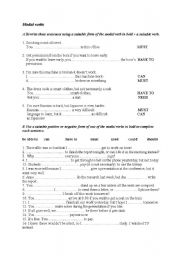



Can Could Be Able To Must Have To Need Should Esl Worksheet By Lacacg
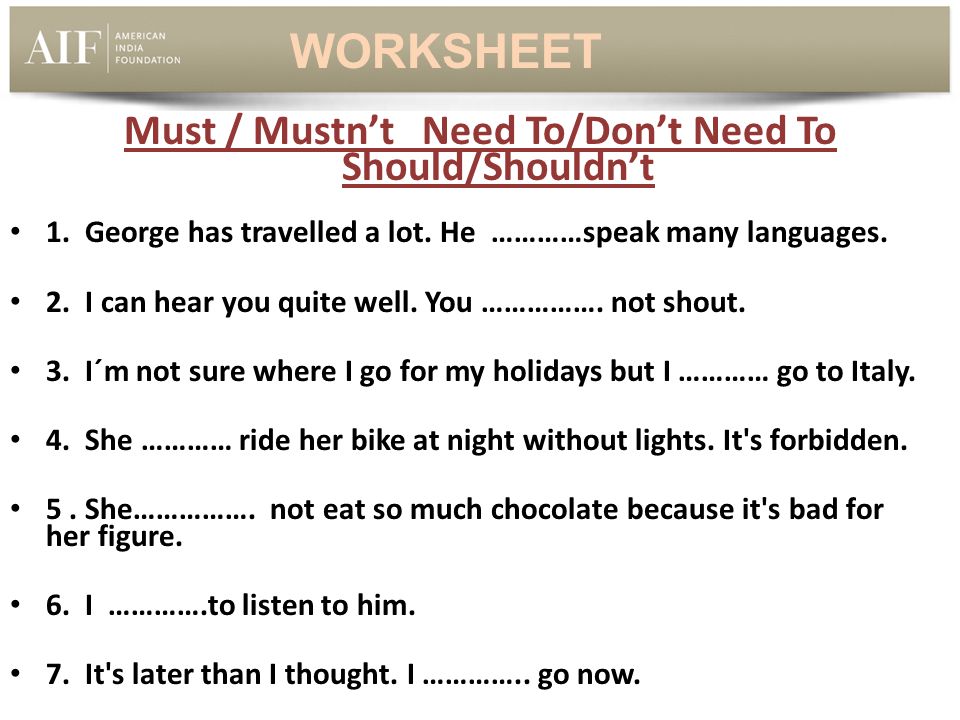



Previous Knowledge Testing Questions Modals Introduction Ppt Video Online Download
CAN'T incapacité, impossibilité Ex No, it's too difficult I CAN'T do it!Instructions A) For questions 1 to 5, read each sentence, and select the correct answer from the three options B) For questions 6 to 10, read each alternative, and choose an(Estce nécessaire que je parte?) Does she have to go?



Should Vs Must In English English Study Here
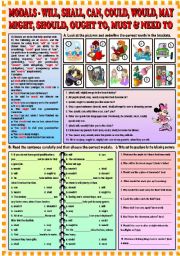



Modals Will Shall Can Could Would May Might Should Ought To Must Need To Key Esl Worksheet By Ayrin
MUST obligation Ex Drivers MUST fasten their seatbelts MUSTN'T interdiction Ex Pupils mustn't run in the corridors SHOULD, SHOULDN'T conseilUitleg over wanneer je Must, Should, of Have to gebruikt in het EngelsKijk voor meer op wwwengelsgemistnl!Must and must not are useful for official notices and instructions, eg You must carry your passport at all times and You must not smoke in the toilets 2) Should and ought to Should and ought to are basically the same, although should is much more widely used than ought to The negative and interrogative forms of ought to are becoming




M O D A L S K I P L E R Should Must Have To Need Mustn T Needn T May Might Ppt Download
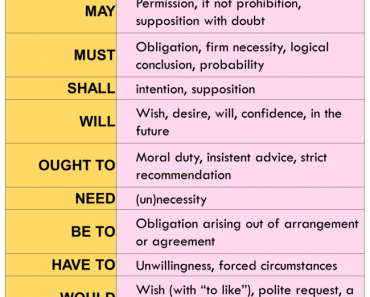



Should Archives Lessons For English
You take your medicine or you won'tThe film we are going to seeShould have Nós usamos "should have" para dar, ou pedir uma opinião no presente sobre algo que aconteceu no passado "I had a terrible stomachache" "You should have gone to the doctor's" "I didn't hear from my father last week" "You should have called him" "She isn't happy with the salary she's getting" "She shouldn't have accepted the job
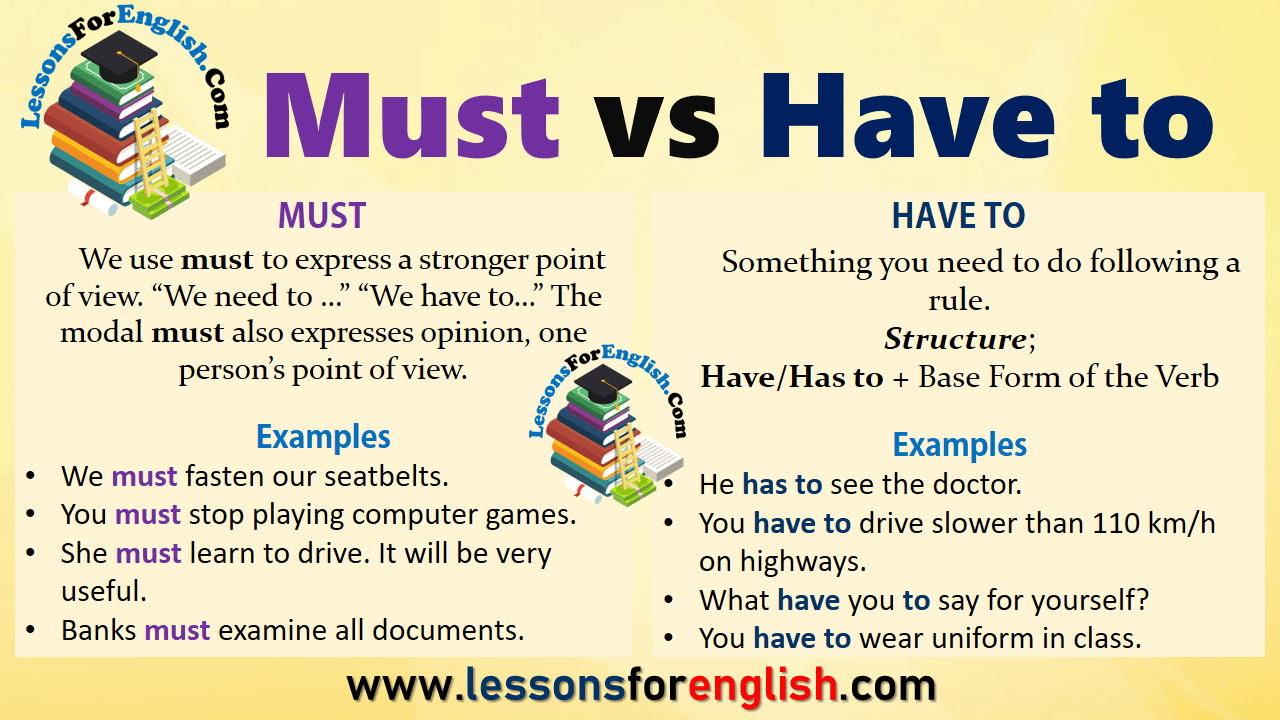



Must Vs Have To In English Vocabulary Home




Mod007 Modal Verbs Apuntes 1 Historia Del Derecho Y De Las Studocu
Must is used to indicate a strong obligation It is not a recommendation It is extremely strong and can appear impolite or bossy if used in the wrong situation It is much stronger than 'have to' "I must get up early tomorrow I have so muchMust not have, mustn't have If other tenses are required, the speaker or writer must use forms of the synonymous modal verb " have to " This modal auxiliary has all normal tenses, including progressive or continuous forms;Should have Se usa "should have" para dar su opinión o pedir su opinión en el presente en relación a algo que sucedió en el pasado "I had a terrible stomachache" "You should have gone to the doctor's" "I didn't hear from my father last week"
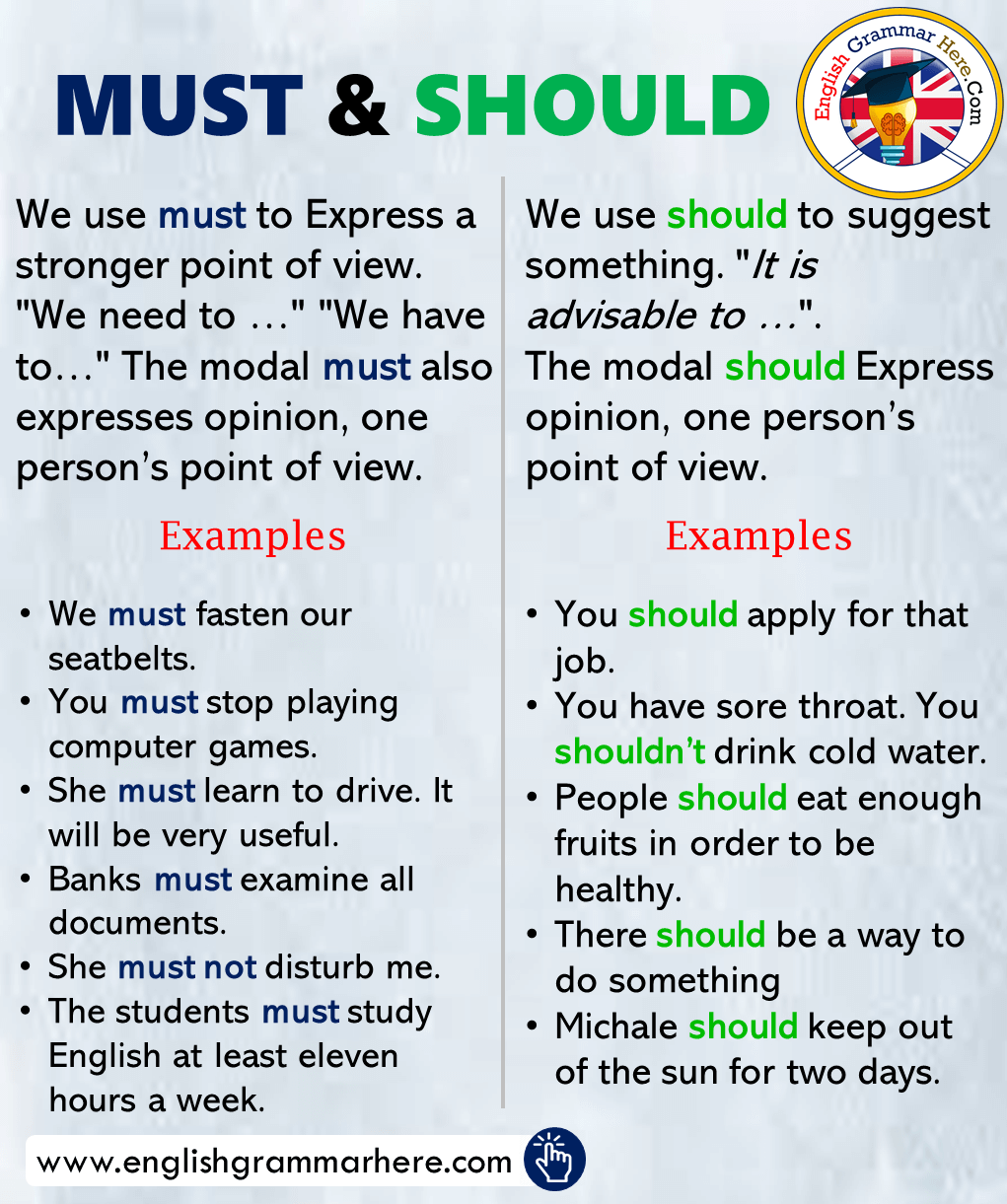



Using Must And Should Example Sentences English Grammar Here



7a Advanced English Grammar Differences Between Must Have To Ought To Should Need Needn T Have
must, have to, should SlideShare uses cookies to improve functionality and performance, and to provide you with relevant advertising If you continue browsing the site, you agree to the use of cookies on this website Need to vs have to vs must can be used as synonyms Sometimes That's the good news Generally, they all mean that you're talking about a responsibility, an obligation, or something that is important to do This is where they are similar In positive sentencesHave to, must Have to is NOT an auxiliary verb (it uses the verb have as a main verb) We include have to here for convenience Must is a modal auxiliary verb In this lesson we look at have to, must and must not, followed by a quiz to check your understanding have to for objective obligation We often use have to to say that something is obligatory, for example Children have



I M Overwhelmed By Everything I Need To Do Arc Student Resources




Must Have To Should Grammar Quizizz
Should have Usiamo "should have" per dare, o chiedere, un'opinione al presente su qualcosa che è successo nel passato "I had a terrible stomachache" "You should have gone to the doctor's" "I didn't hear from my father last week" "You should have called him" "She isn't happy with the salary she's getting"Pour have to, on peut évidemment le mettre au passé, ce qui fait had to/didn't have to Pour former une question ave HAVE TO, il faut utiliser le DO/DOES Exemple Do I have to go?Modal Verbs and their substitutes Modal verbs are for example may, can, must, should, need They express an ability, permission, wish etc to do something (I may, can, must swim) Many modal verbs cannot be used in all of the English tenses That's why we need to know the substitutes to these modal verbs I must swim = I have to swim
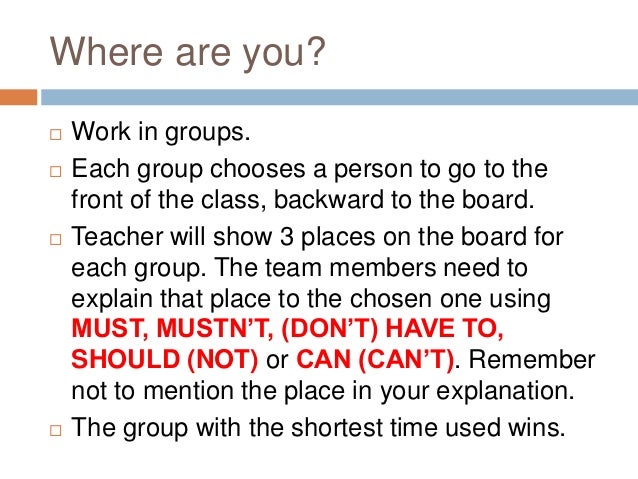



Must Have To Should Unit 7
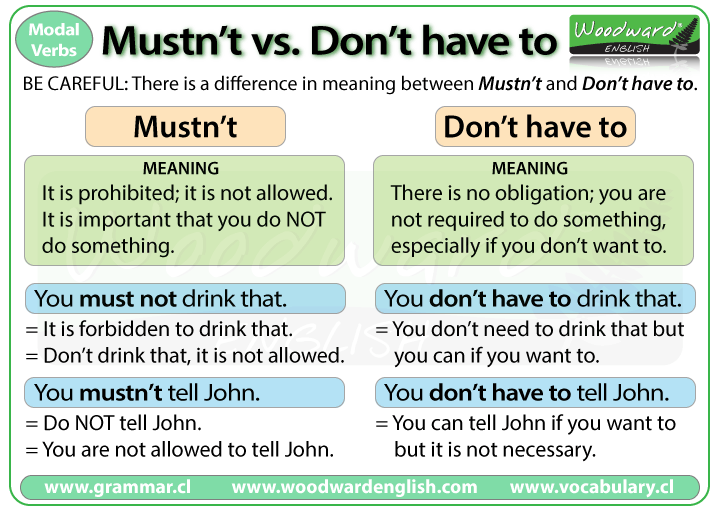



Must English Grammar
Must et Have to ont des sens très similaires et quelquefois peuvent être utilisés indifféremment Cependant Have to implique une obligation externe, c'estàdire qu'elle vient de quelqu'un ou de quelque chose d'autre que celui qui parle Have to décrit ce qu'une autre personne, pas celle qui parle, désire ex I know you don't like that medicine, but the doctor says you have to takeThese are not common, but need to be used in some casesHad to / didn't have to obligation in the past I had to go to wear a school uniform when I was a child no obligation in the past We didn't have to go to school on Saturdays must* changes to 'had to' – should have pp / shouldn't have pp a past action which didn't happen the advice /




Deciding On What You Should Focus On Next



Using Must And Have To In English English Study Here
There may be other issues, too Windows 11 may have odd bugs here and there, or specific hardware devices may not work perfectly with it at launch until drivers are updated If you have a missioncritical computer that you need to "just work," you may want to hold off on the upgrade, even if your PC is supportedWe use must to express a stronger point of view "We need to" "We have to" The modal must also expresses opinion, one person's point of view MUST PLAIN FORM VERB We must protect our environment, or our resources will disappear Engineers must redesign engines so that they are more fuelefficient Customers must pay for paper bags if they do not bring Must et have to indiquent tous les deux une obligation, mais ils peuvent avoir des sens très différents Pour ne pas faire de gaffe entre ces deux verbes dans une discussion, lisez en détail cet article Comment conjuguer MUST et HAVE TO "Must" est un verbe modal, c'est à dire qu'il ne se conjugue pas Il suffit d'y ajouter le verbe sans le conjuguer




Should Must And Have To English Esl Worksheets For Distance Learning And Physical Classrooms




Need To Must Have To Should Obligations In English Youtube
Need to, Must, Have to, Should Obligations in EnglishSHOULD , MUST, HAVE TO Read the following situations and fill in one of the following verb forms, should, shouldn't, should have, shouldn't have , don't have to, doesn't have to, must, mustn't, must have It's 815 and school star ts at 800 Mother to son 1 You be at schoo l at this time 2 You skip school, it's bad for your education It's also against the rules 3 You got up soMust, Have to, Should Downloadable worksheets Vitamin N Level advanced Age 1516 Downloads 15 MODAL VERBS 3 (KEY included) Level elementary Age 1217 Downloads 1693 MUST, HAVE TO and SHOULD PART 2 Level elementary Age 1017 Downloads 1011 Let´s revise Modal Verbs Level elementary Age 1017 Downloads 991 MODAL VERBS Part2 (B&W




Juana Moral S English Site Modal Verbs Iii Obligation Must Mustn T Have To Don T Have To Need To




Must Vs Have To What Is The Difference Youtube
If musthave or shouldhave initiatives take longer or require more resources than expected, couldhaves get axed The final category collects(Estce nécessaire qu'elle parte?) La réponse Yes you do No she doesn't Maintenant vous pouvez faire le test!Must only has a present form, so for all other verb forms (past, future, perfect forms, infinitive, etc) we need to use have to You will have to come with me We had to drive very fast We normally use have to for questions Questions with must are




Benefits Of The Moscow Approach To Mvp Govwebworks



1
We use have to / must / should infinitive to talk about obligation, things that are necessary to do, or to give advice about things that are a good idea to do Mus t and have to are both used for obligation and are often quite similar They are both followed by the infinitive I must go now / I have to go nowWährend Fragen mit „must" grammatikalisch korrekt sind, ist es heute üblicher, bei Fragen „have to" zu verwenden Es gibt keine Vergangenheitsform von „must" für Verpflichtungen We had to show our passports at the border We weren't allowed to use calculators in the exam Or, we couldn't use calculators in the examCould Should Would Verb3 Can / Can't Subject Exercises 1 Modals Exercises 2 Can vs Be Able To With Tenses 3 Can vs Could Exercise 4 Can Can't Exercises 567 Mustn't vs Don't Have to Exercises 1 / 2 / 3 10 Must vs Have to / Has to Exercises 1 / 2 / 3 11 Must / Mustn't / Needn't / Have to 1213 Modals With Passive Voice 1 / 2 14



1




Modal Verbs Must Should Have To English Esl Powerpoints For Distance Learning And Physical Classrooms
This is our third lesson on English Modal Verbs In This English lesson, we will be looking at the differences between 'should', 'must' and 'have to'Join myThe verbs need, have to, and must are all synonyms of one another and are used to mean that something is necessary or required But they each have slightly different connotations and uses Need, when followed by to and a verb, is the narrowest of the three verbs It is most often used to say that an action should be done I need to wash my dirty clothesIn this lesson, you can learn about the modal verbs must, have to and shouldDo you know the difference between 'must', 'have to' and 'should'?




What Does Mvp Really Stand For Delusions To Avoid Mindk Blog




What Is Modal Verbs In English Grammar Know It Info
Il faut choisir entre SHOULD,3 Must and Should Remember that must and have to can be used to talk about obligations Should is different You use should to give advice or express your opinion For example You should go to bed earlier Then you wouldn't feel so tired all the time –> This is my




Modal Verbs Must Need To Should Have To Easiest English Learning




English Test By Ine Purwanti Issuu




Top Must Have Skills To Put On Your Resume Flexjobs




Modal Verbs Should Ought To Have To Y Must




Have To Need To Must Should Worksheet




Frequency Per 10 000 Words Of Have To Must Need To And Should In Download Scientific Diagram



In Plain English Should Must Or Have To




Juana Moral S English Site Modal Verbs Iii Obligation Must Mustn T Have To Don T Have To Need To




Dance Competition Checklist This Is Basic Checklist Of Must Have Things That You Should Dance Competition Checklist Dance Competition Dance Bags Essentials




Test English Prepare For Your English Exam
/sign-warning-people-of-fines-for-feeding-wildlife-in-a-park-at-arakoon-in-new-south-wales--australia-847527992-5bc9d8c246e0fb0026d028e0.jpg)



How To Use Must Have To And Need To In English



Obligation And Necessity Modal Verbs




Pin On English




Must Vs Have To What Is The Difference Youtube




All Penn State Students Must Have A Covid 19 Test On File With The University Penn State University




Modal Verbs Can Could Must Should Have To Worksheet
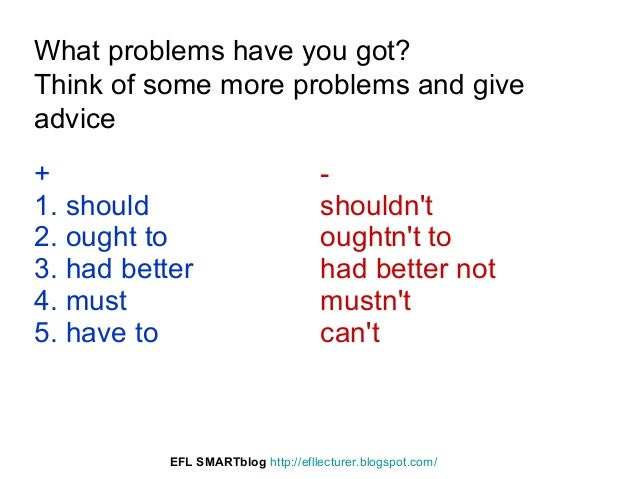



Advice Should Ought To Had Better Must Have To Cant




The Difference Between Must Have To Shall Need And May Wall Street English




Level 2 English Chapter 11 Must Must Vs Should Must Vs Don T Have To




Modals Must Have To Should Should Have Grammar Businessenglish Com




Modal Verbs Must Have To Should English Esl Worksheets For Distance Learning And Physical Classrooms




The Difference Between Must Have To Shall Need And May Wall Street English




Modal Verbs Modals Are Helping Verbs That Do
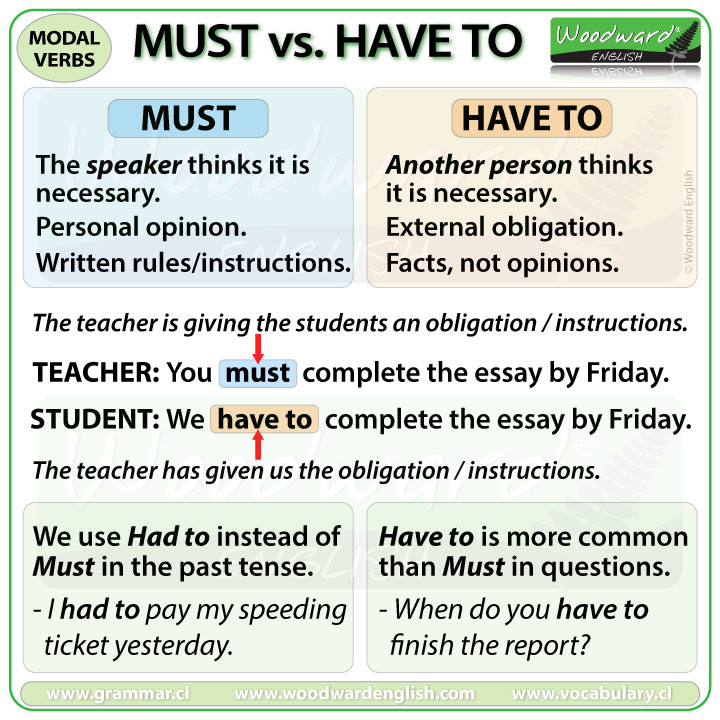



Must Vs Have To Woodward English
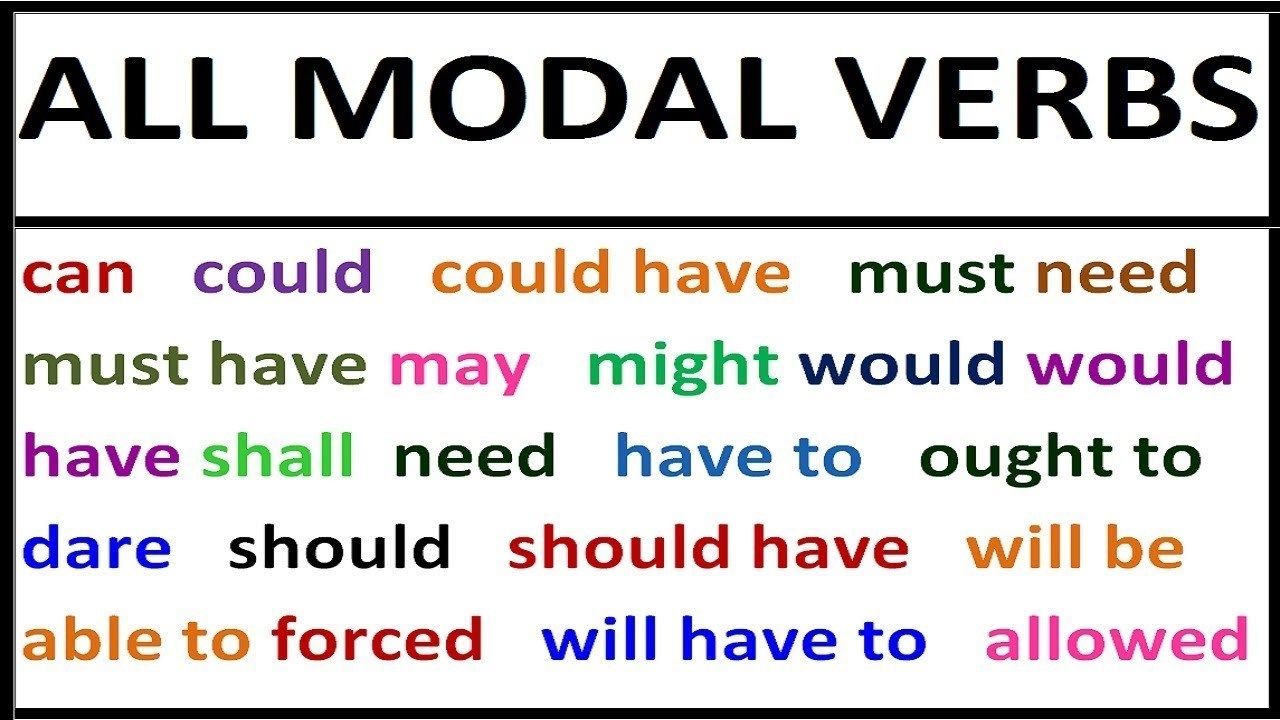



Changing The Way You Learn Slide Set




Modals Must Have To Should Should Have Grammar Businessenglish Com
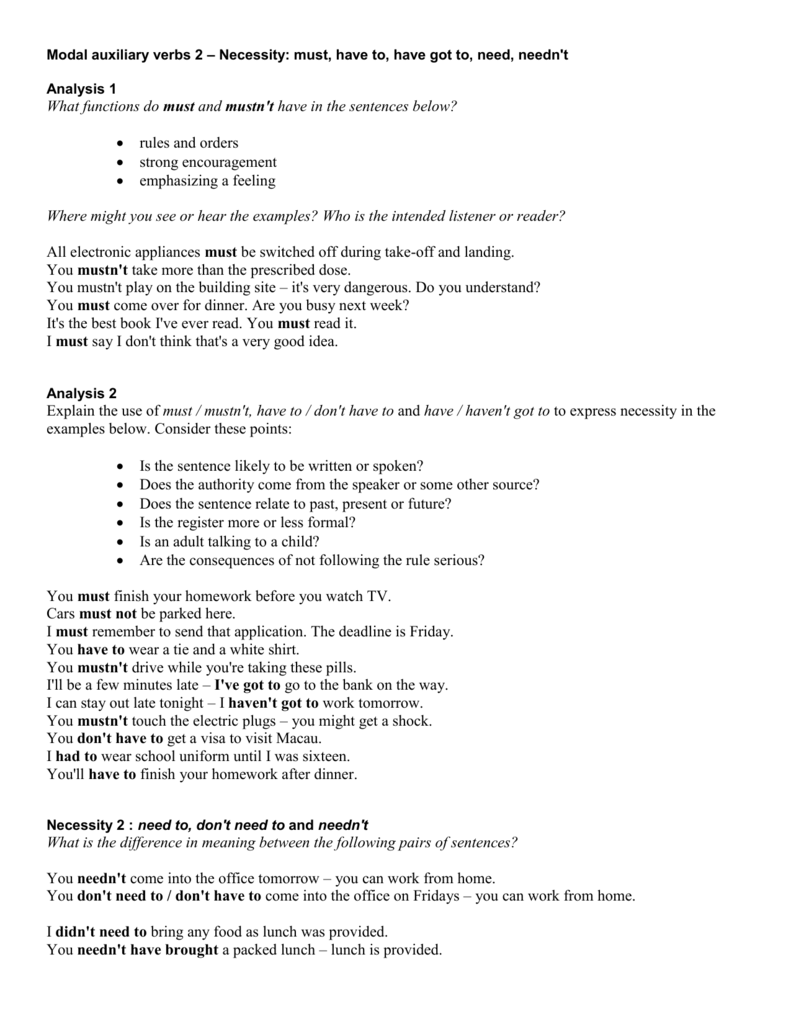



Modal Auxiliary Verbs 2 Obligation And Advice Should Ought To Be
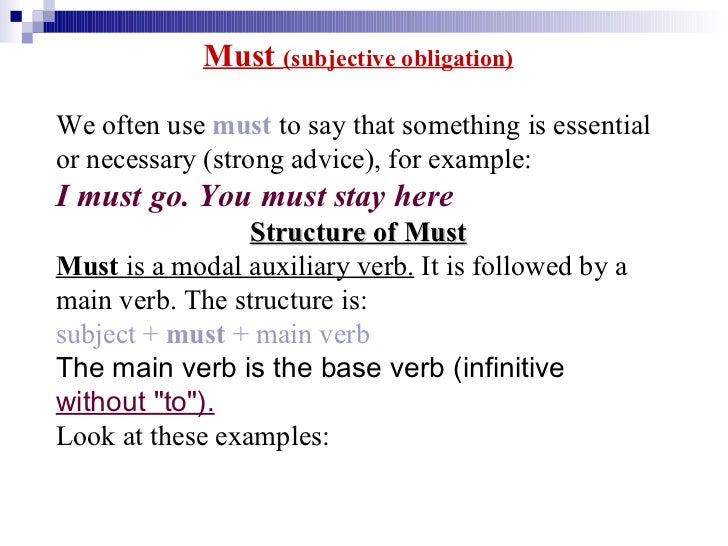



Should Must Have To




Modals In The Past Pdf Verb Linguistic Morphology




Juana Moral S English Site Modal Verbs Iii Obligation Must Mustn T Have To Don T Have To Need To




5 Must Have Home Workout Equipment By Homegymequipmnt Issuu
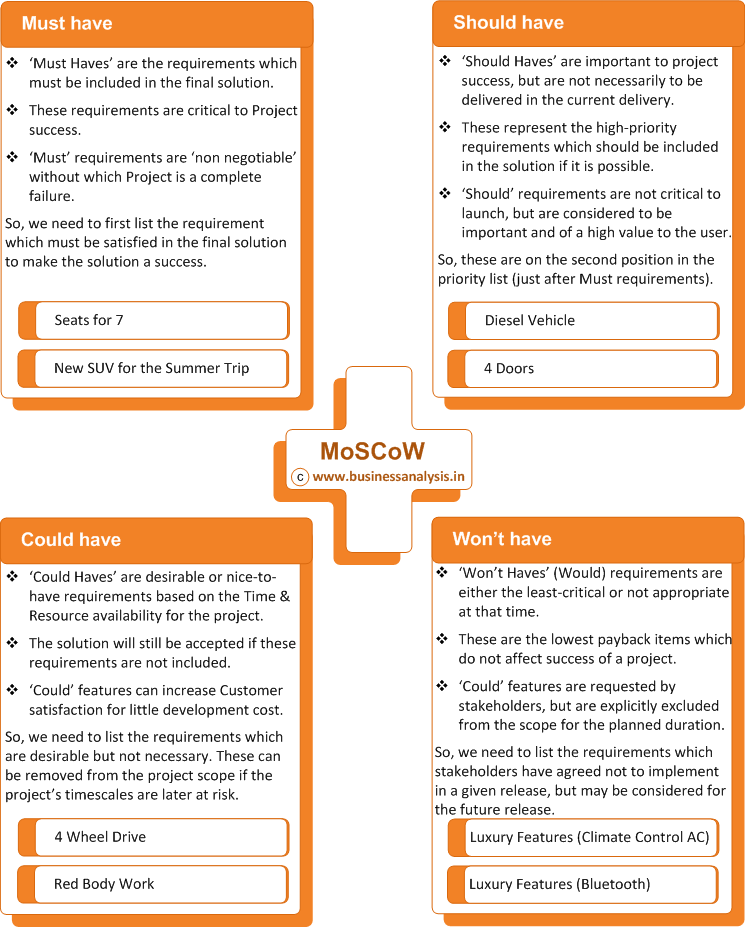



Making Your Ux Life Easier With The Moscow Interaction Design Foundation Ixdf




Deciding On What You Should Focus On Next




Should Must Have To English Esl Powerpoints For Distance Learning And Physical Classrooms




Modal Verbs Shall Should Need Must Ought To Will Would Bespeaking Blog
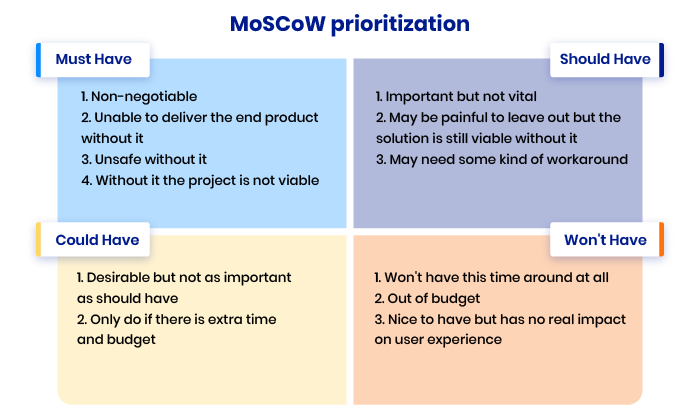



Top 9 Methods To Prioritize Features For An Mvp Rubygarage Blog




Modal Verbs Of Obligation Must Should Ought To
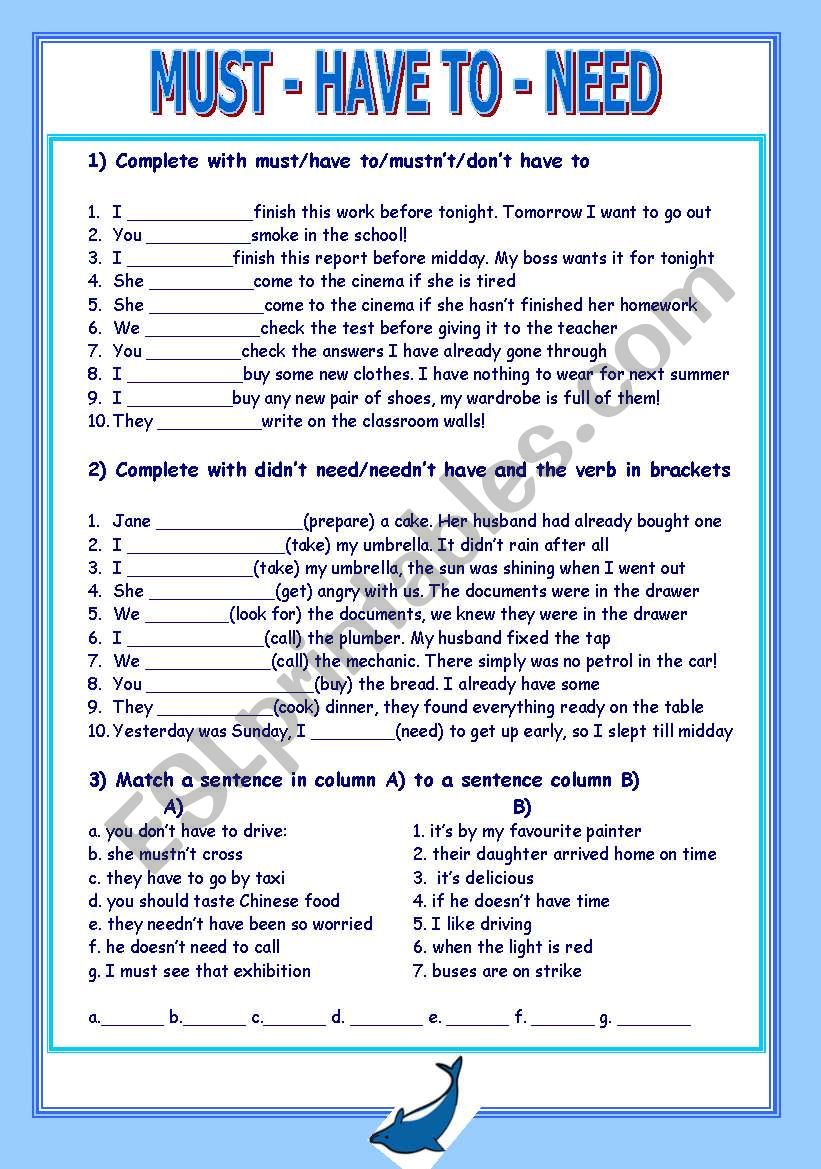



Must Have To Need Esl Worksheet By Afrodite
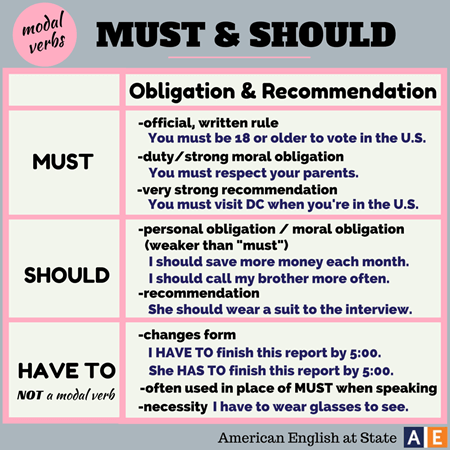



Modal Verbs Must Should And Have To English Learn Site




English Esl Must Or Have To Obligation Worksheets Most Downloaded 136 Results
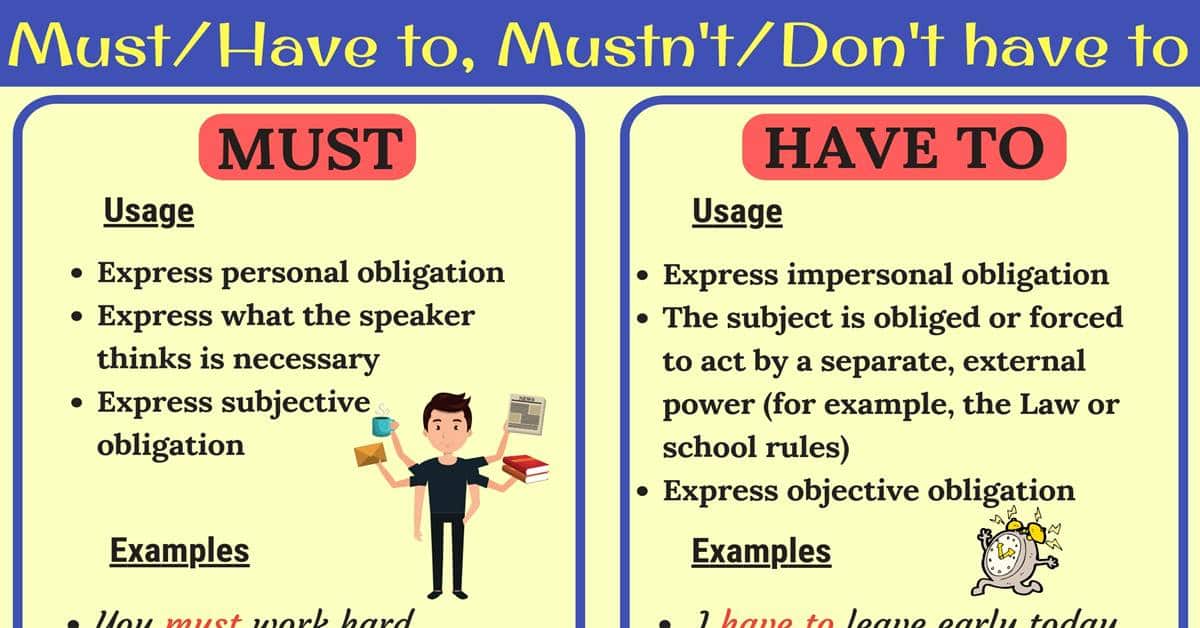



Must Vs Have To Must Not Vs Don T Have To 7esl




Must And Have To Difference A Free Guide Post




Modal Verbs Must Have To Need Should Worksheet




The Difference Between Must Have To Shall Need And May Wall Street English




Should Must English Esl Worksheets For Distance Learning And Physical Classrooms




Should Must Have To
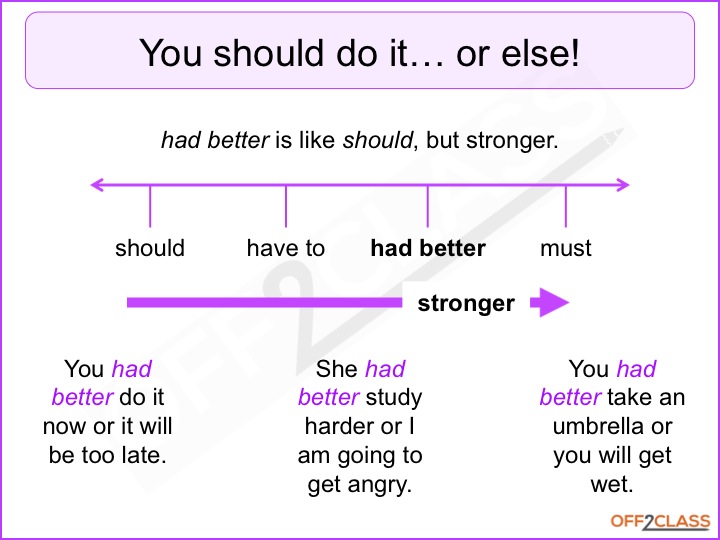



Teach Should And Ought To Advisability Modals Off2class
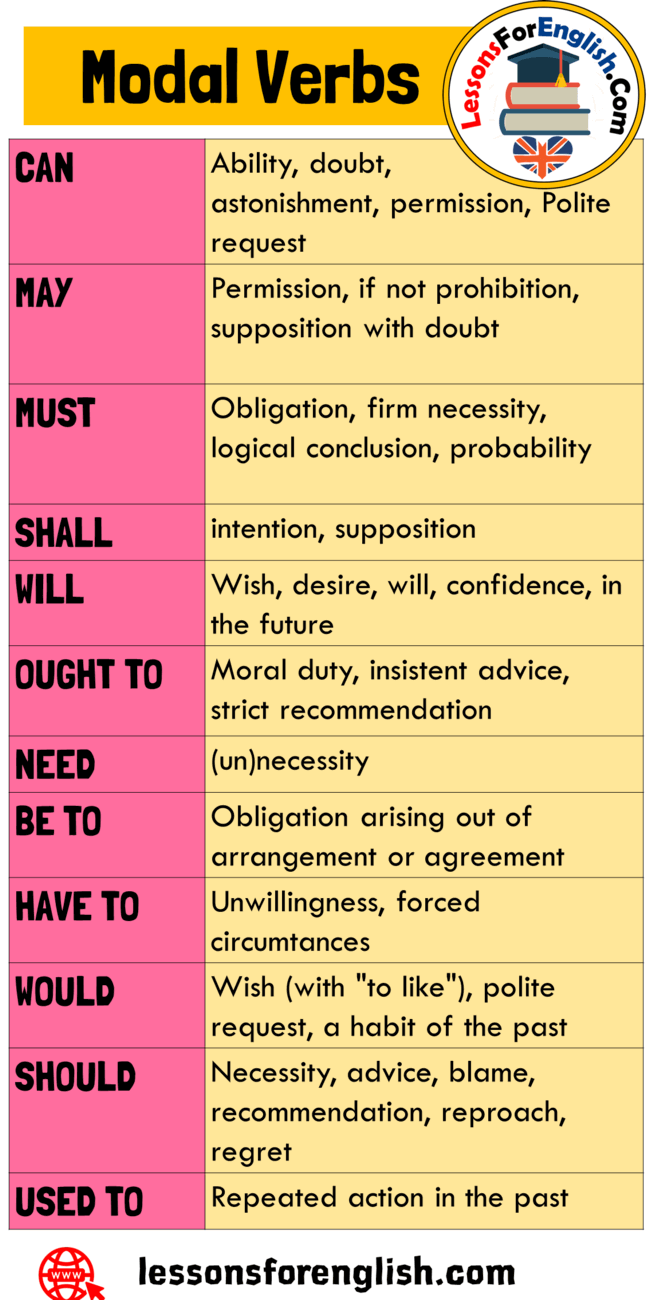



Modal Verbs Can May Shall Need Ought To Have To Would Should Used To Definition And Examples Lessons For English
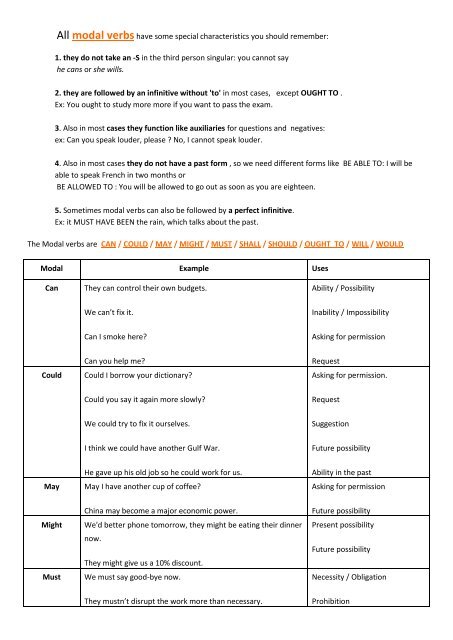



All Modal Verbs Have Some Special Characteristics You Should




Test English Prepare For Your English Exam
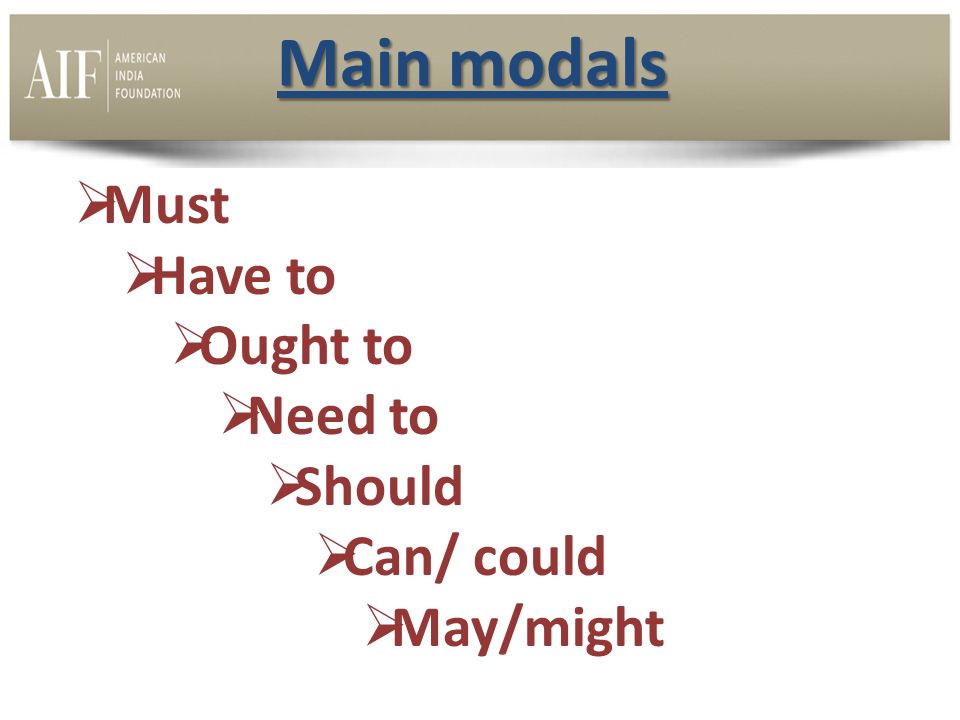



Previous Knowledge Testing Questions Modals Introduction Ppt Video Online Download



Should Must Have To




M O D A L S K I P L E R Should Must Have To Need Mustn T Needn T May Might Ppt Download



3



2




Modal Verbs Must Have To Can Could Should Mustn T Don T Have To Can T Couldn T Shouldn T Ppt Download




Must Have Screening Tests And Why




Should Must Have To Worksheet
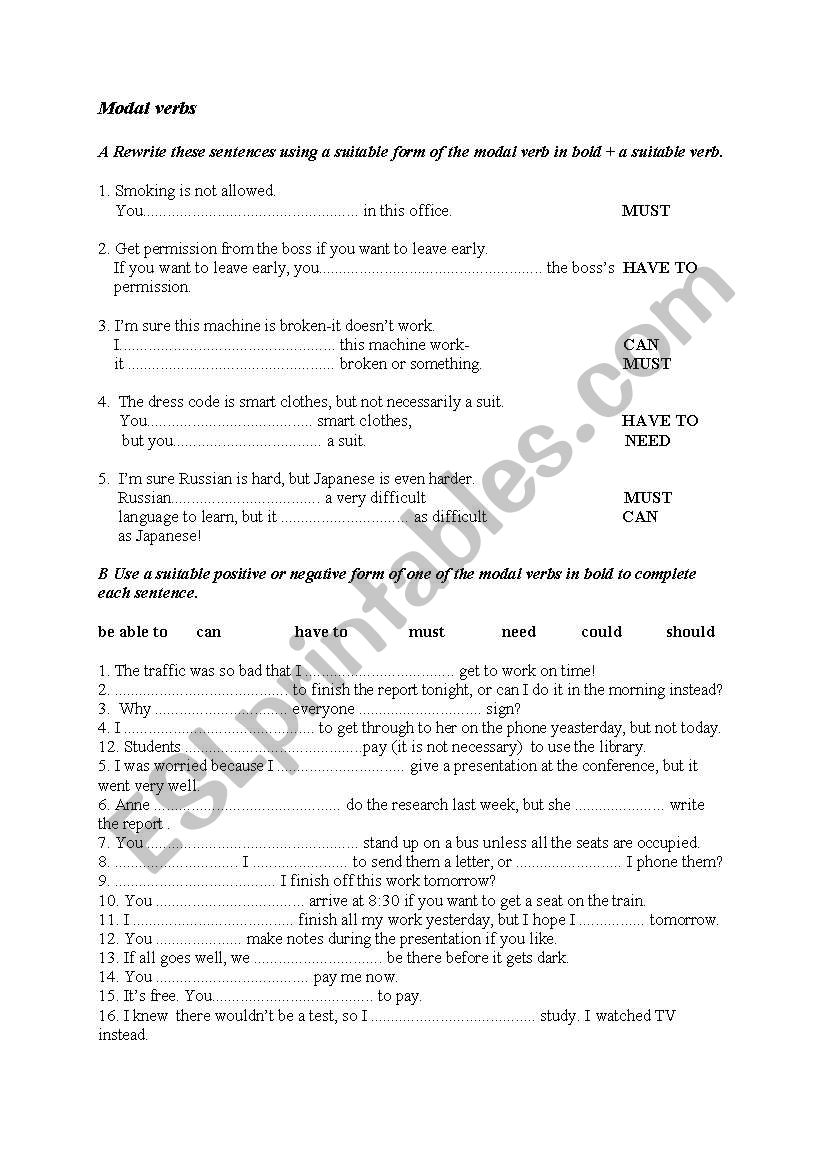



Can Could Be Able To Must Have To Need Should Esl Worksheet By Lacacg




English Modal Verbs Must Have To Need To Should Mustn T Youtube




Should Have To Need To And Must English Language




Using Must And Should Example Sentences English Grammar Here




Test English Prepare For Your English Exam




Difference Between Must And Have To With Examples And Comparison Chart Key Differences
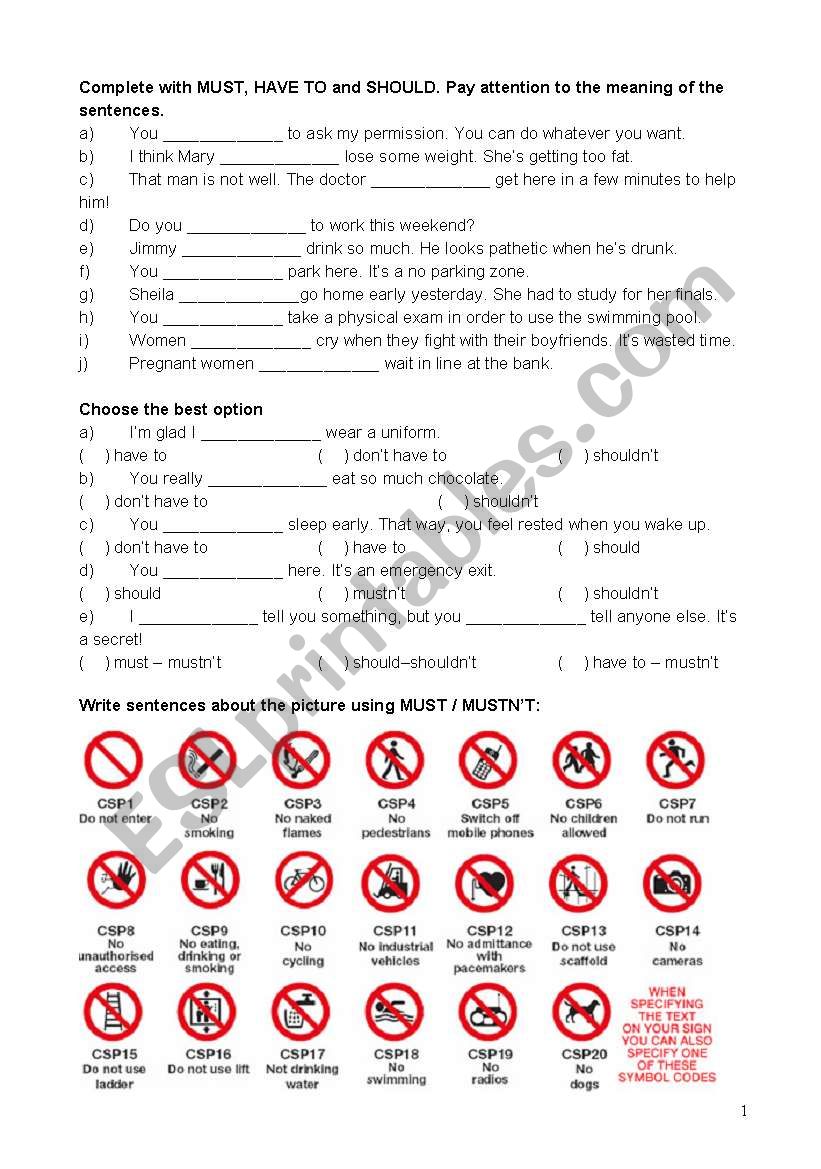



Must Have To And Should Part 2 Esl Worksheet By Fabianazardo




Must Have To Should Worksheet



4a Advanced English Grammar Modal Verbs For Speculation Deduction Advanced English




Frequency Of Have To Must Need To And Should In Laboratory Reports Download Scientific Diagram




The Difference Between Must Have To Shall Need And May Wall Street English




Learning Passive Modals It Can Be Done
/modals-56a2af275f9b58b7d0cd6226.jpg)



Modal Verbs Quiz With Answer Explanations




Must Have To Should



0 件のコメント:
コメントを投稿